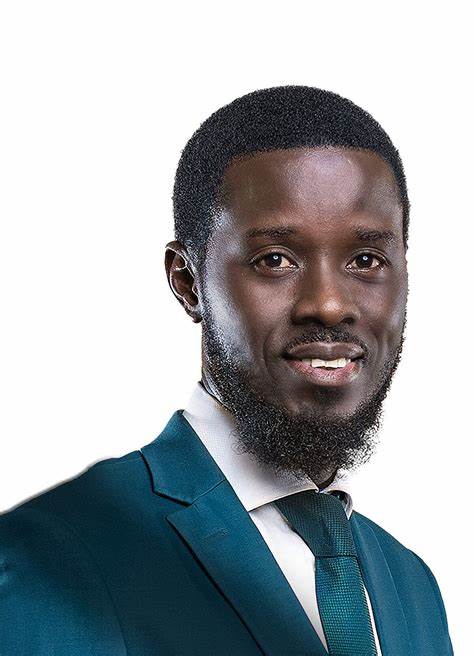Bassirou Diomaye Faye assumed office as Senegal’s new president on Tuesday, April 2, following his journey from incarceration to the presidency over t
Bassirou Diomaye Faye assumed office as Senegal’s new president on Tuesday, April 2, following his journey from incarceration to the presidency over the past few weeks.
His release, alongside the prominent opposition figure Ousmane Sonko, came as part of a political amnesty announced by outgoing President Macky Sall.
Faye’s election victory represents his inaugural experience in elected office.
The election served as a test for Senegal’s reputation as a stable democracy in West Africa, a region often marred by coups and political unrest.
The unrest preceding the election was fueled by concerns over the arrests of Sonko and Faye the previous year, as well as fears that President Sall might attempt to extend his rule beyond constitutional limits.
It may be recalled that Faye, campaigned on platforms promising to combat corruption and enhance the management of the country’s natural resources.
His victory reflects the frustrations of the youth, who are struggling with high unemployment rates.
In his inaugural address, Faye pledged to prioritize the fight against corruption and pursue economic reforms.
With a background as a practicing Muslim hailing from a small town, he is known to have two wives, both of whom attended the inauguration.
Ahead of the election, he demonstrated transparency by disclosing his assets, including properties and bank accounts totaling around $6,600.
Although Faye’s rise to prominence was largely propelled by Sonko’s endorsement, the latter’s role in the new administration remains uncertain, though he is expected to wield significant influence.
Despite the hurdles, Faye’s inauguration marks a significant moment in Senegal’s political landscape.

